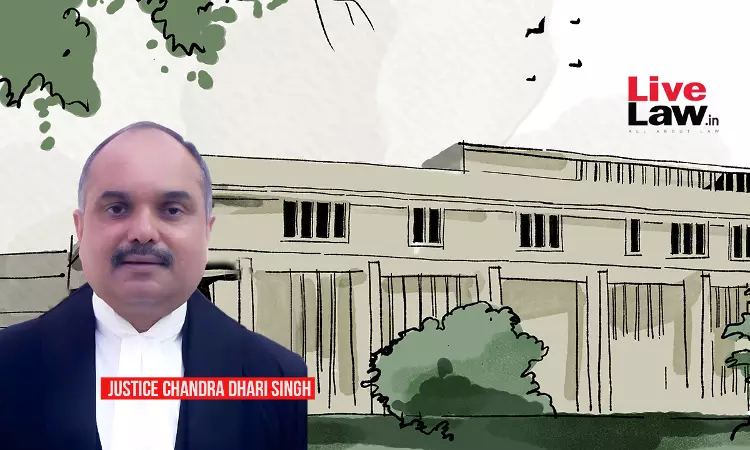Sale Of Property To Third Party During Pendency Of Suit Inequitable To Grant And Enforce Specific Performance: Delhi High Court
Parina Katyal
11 Sept 2023 8:00 PM IST

Plaintiff will however be entitled to compensation in lieu of specific performance, Court said.
Next Story


